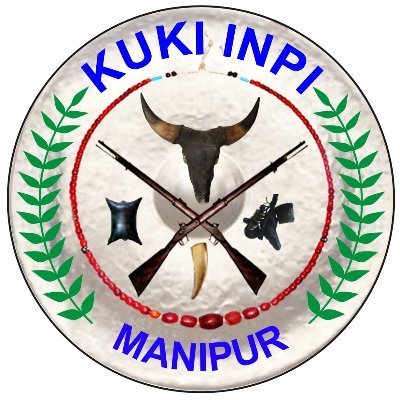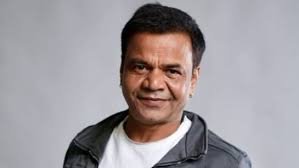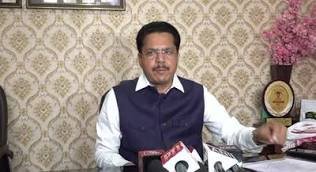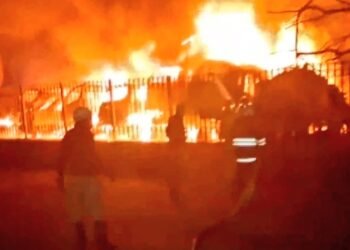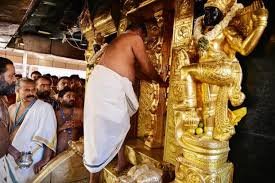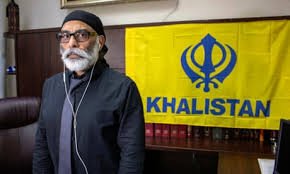The influential tribal body has accused COCOMI of operating as a militant front and condemned the government’s alleged complicity in ignoring Meitei extremist groups amid spiraling ethnic violence.
BY PC Bureau
May 1, 2025 — An influential body of the Kuki tribes, the Kuki Inpi Manipur (KIM), asserted that no peace talks would be possible unless the Government of India first ensured the arrest and prosecution of members of Arambai Tenggol and the Coordinating Committee on Manipur Integrity (COCOMI) for what it described as their “destabilizing role” in the ethnic conflict in Manipur.
In a press release, KIM emphasized that accountability must precede reconciliation. “We unequivocally assert that those who have openly declared war against the Kuki community – particularly organisations like COCOMI – must be arrested and brought to justice before any meaningful dialogue or reconciliation can take place,” the statement read.
KIM condemned what it saw as state inaction in the face of organized violence, expressing deep frustration over the government’s alleged tolerance of groups that, it said, were openly undermining law and order. “It was equally alarming that the government continued to ignore the activities of Meitei militant outfits, including the heavily armed Arambai Tenggol and their overground affiliates like COCOMI, who had publicly declared war and were operating with impunity,” KIM stated.
Manipur: The Kuki Inpi firmly declares that they will not participate in any peace talks until the central Government takes decisive action to ban the radical Meitei organization #ArambaiTenggol. Additionally, there must be a comprehensive investigation into COCOMI, which has… pic.twitter.com/CvNbABJVSD
— Sumkawn (@Sumkawn) May 1, 2025
According to the organization, the silence of the authorities in the face of such threats was not just negligence but complicity. “Why had no action been taken against these groups, despite the abundance of evidence pointing to their extremist activities?” it asked.
ALSO READ: Pakistan Turns to Trump and Rubio to Defuse War Clouds
KIM’s statement further alleged that COCOMI had functioned more as a militant front than a civil society body. “This group had blatantly functioned as a violent militant front and must be held accountable for its destabilizing role in the region,” said Janghaolun Haokip, Secretary of Information & Publicity, who signed the press note.
The group criticized COCOMI’s pattern of incitement and misinformation, noting that it continued to vilify the Kuki-Zo community even as violence and lawlessness spiraled in the valley. “We were deeply dismayed by the government’s continued inaction against COCOMI, a group that had shamelessly incited ethnic violence under the pretence of being a civil society organization,” the release stated.
On the other hand, COCOMI had repeatedly labeled the Kuki-Zo community as illegal migrants and urged the government to take strong action against their militant groups.
Just three days ago, COCOMI Convenor Athouba Khuraijam claimed that the Indian government treated terrorist groups in Kashmir as enemies, while appearing friendly towards militants operating in Manipur.
“When it comes to Kashmir and similar regions, the government treats terrorist groups as immediate enemies and responds with aggressive action. In contrast, when dealing with terrorist groups that have infiltrated from Myanmar into northeastern states, the Centre appears to treat them in a friendly and complacent manner,” Khuraijam told reporters.
“This kind of partial treatment by central leaders toward the people of the Northeast has long been a serious concern,” he added.
Adding to its concerns, KIM raised alarm over a planned Meitei pilgrimage to Laikhongching on May 3, which it believed was a deliberate provocation.
“It was a significant concern. It undermined law and order and must be dealt with strictly,” the statement said, describing the move as an attempt to “bulldoze normalcy” in an already volatile region.
ALSO READ: ALSO READ: Despite US Pressure, India Stands Firm on Military Response to Pahalgam Attack
KIM also accused Meitei insurgent groups of operating cross-border camps in Myanmar and being involved in narco-terrorism.
“Meitei secessionist terrorists who were actively engaged in cross-border insurgency and had established camps in Myanmar were the real narco-terrorists, exploiting international borders for their violent agenda,” the group said.
Ultimatum: No Talks Without Justice
The statement ended with a firm ultimatum: unless the government acted against COCOMI and Arambai Tenggol, no Kuki-Zo organization would participate in peace negotiations.
“Until members of Meitei terrorist mouthpieces like COCOMI, who had blatantly declared war on Kuki-Zo people, were arrested and investigated, no organisation from the Kuki-Zo community would engage in any peace talk,” it stated.
KIM also called on the Government of India to stop appeasing the majority community, which it accused of using state resources to “suppress, incarcerate, marginalize, and kill the minority tribal community in an attempt to grab their ancestral land and deplete their natural resources.”
Finally, KIM reiterated its long-standing demand for a permanent political solution to the ethnic conflict through Union Territory status with a legislature for the Kuki people.
“It was imperative that the Central Government bring about a permanent political solution to this crisis,” the statement asserted.
As tensions continued to simmer in Manipur, the Kuki Inpi’s demands drew a firm line in the sand, making it clear that peace would not be possible without justice first.



